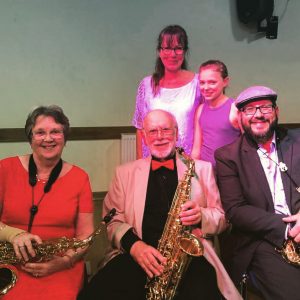
As an avid fan of #TED talks, I encourage you to watch an amazing presentation from Molly Wright. Molly brilliantly discusses the concept of Serve and Return in child development. Her talk echoes the research conducted by institutions such as Harvard University on how to build and develop great “brain structures” in young people.
“Serve and Return” is not just serving information to a young person and waiting for them to return acknowledgement or receipt, but responding to their serve to you, both verbally and physically.
Around the globe, educators are embracing the challenge of engaging with young people at school. The evolution of smart devices and mobile phones has seismically transformed the development process of young people. Tech companies understand that “return” is engagement and engagement leads to retention and greater spend. Paradoxically, they have mastered the concept of serve and return between humans and technology. Are you happy with the content of this #tech “serve and return”?
Pedagogists occasionally agree that mobile phones are disrupting learning within school environments and subsequently damaging the development of healthy relationships between peers. If you read the #guardian https://www.theguardian.com/education/2021/jun/29/education-secretary-wants-ban-on-mobile-phones-in-english-schools you might come to the conclusion that poor behaviour comes from phone usage. Is it because our young people are used to higher levels of “serve and return” with digital devices over people?
If we want a society that cares for each other, remembering to be polite, courteous, considerate and successful. We need to augment the serve and return processes of a phone, with serve and return processes of humans. Children are children and it is our collective responsibility to raise a generation that are better than our current one.
Music is one way of encouraging these human-centric neural pathways to develop, helping you to listen, process, respond, process and smile! In jazz, we literally have musical conversations, we serve a solo to our fellow musicians and they respond with their story, upon which we engage and return. We need our young people to do this with conversation and human relationships too. Whilst saying “hello” and being polite is a good start, we need our young people engage and improve their “serve” so that we can respond and return! Young people can easily fall into the trap of “receiving” all the time. Being told what to do, having it presented to them, having their parents “speak for them”. If we want a society brimming with brave and articulate young people able to be in charge of their own well-being and happiness, we need them to be better at “serving”, so that we can work on our combined “return”.
Please enjoy the #TED talk from Molly remembering that it is as equally important for people of all ages to practice “serve and return” with you. We all have the ability to nurture wonderful people!
I am exceptionally grateful to my extended family and the opportunity of growing up in an environment where we “ate at the table”, “played board games”, “went to band” and enjoyed a traditional version of #serveandreturn. My dad continues to engage with people of all ages, well done dad and Happy 75th birthday #vinceeno, 70 years of playing music and still rocking the red bow tie!

Got a question? Use the form below to contact us, and we'll get back to you!
Want to sign up for a free trial? Fill out the form below and we'll get back to you.
Follow the Hot House tribe!